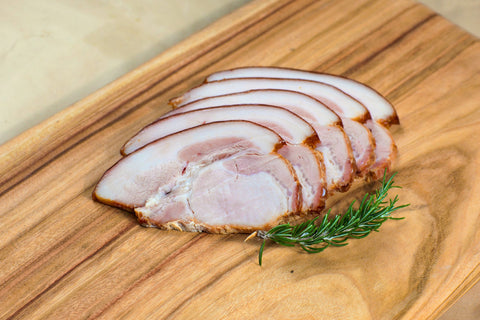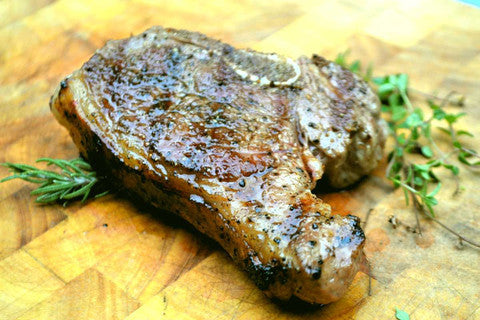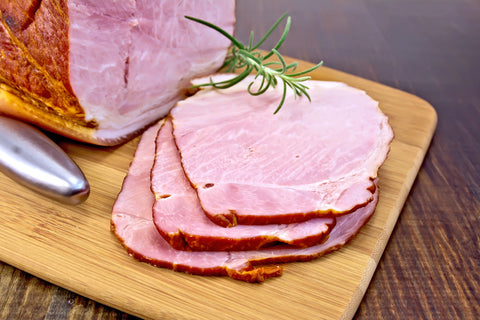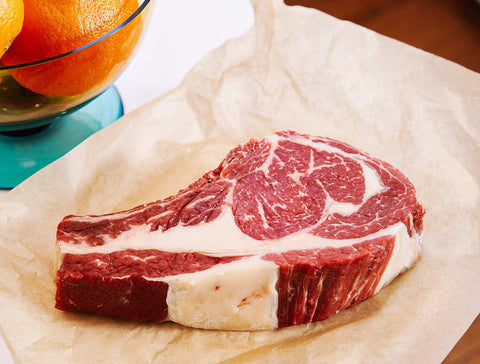This week the WHO changed the classification of processed and red meats to better categorise them as carcinogens.
It’s no news that red meat in large amounts is related to colorectal cancer, this is only partly due to the meat itself and also the fibre-rich foods it replaces..
What the WHO didn’t make clear is that this correlation is not necessarily causal and only exists past a certain consumption; The Australian Dietary Guidelines recommend we consume no more than 455 grams of cooked lean red meat per week – or around 650 grams of raw meat.
Secondly, just what exactly does processed mean? Many commentators have been liberally throwing nearly everything under this ambiguous banner. I want to zoom into it because simply putting meat through a mincer does not constitute processing.
Here’s a continuum of products you might find in a butcher’s shop:
- Whole beef
- Beef Steaks
- Beef trim
- Minced beef
- Seasoned minced beef (burgers, koftas etc)
- Preservative free sausages (meat + fat + seasoning)
- Smoked sausages
Only one of the above products is what the WHO was referring to, although much of the hype has included the majority of the list.
To clarify, these are the carcinogenic foods you should moderate according to the research the WHO was referring to:
- Nitrite preserved meats eg (most) hams & bacons.
- Other cured meats like salami etc
- Smoked meats
Years ago we started making nitrite-free hams and bacons in house.
The nitrite-free process involves a celery extract rather than the traditional nitrite preservatives. This produces a slightly different ham; with a less slippery/greasy finish when cut off the bone. The flavour is fantastic, as this is mostly due to the breed and well-being of our pigs. If you haven’t tried our nitrate-free ham, pop into one of our stores and ask for a cheeky sample - we’re always happy to offer a taster ;)
For this reason we also don’t put any preservatives in our sausages. All our sausages are simply ground meat + salt + pepper + natural (homemade) flavours and sometimes a little rice flour in an all-natural casing.







